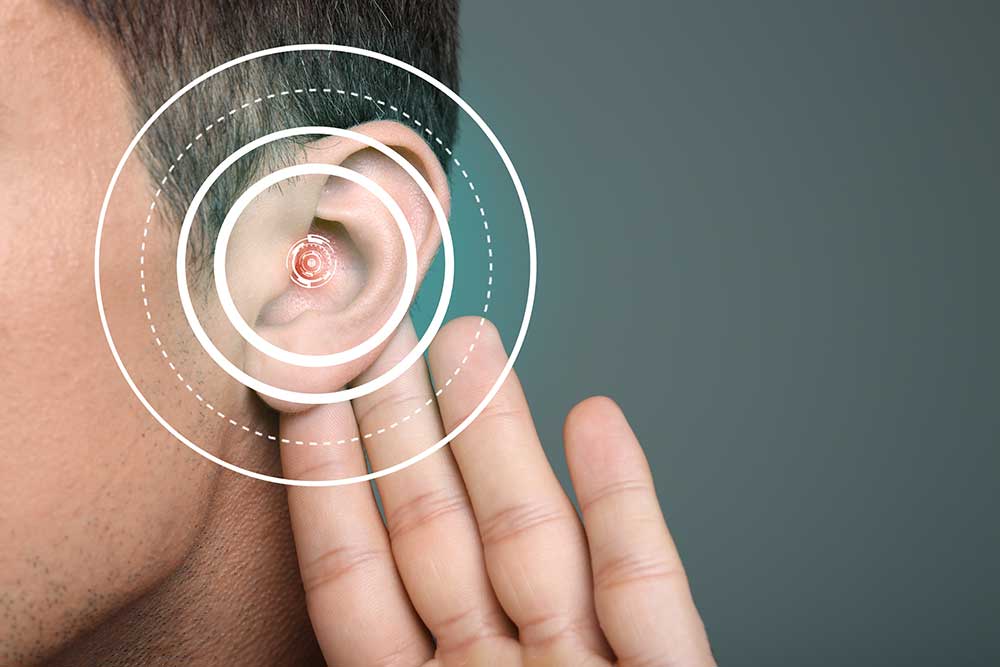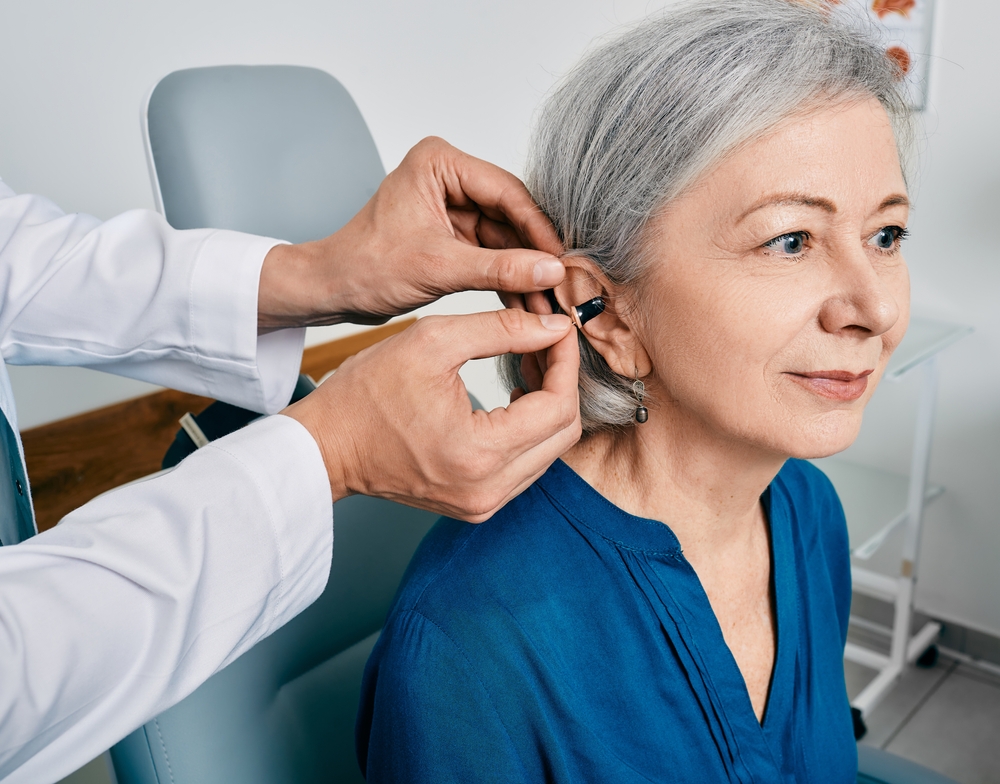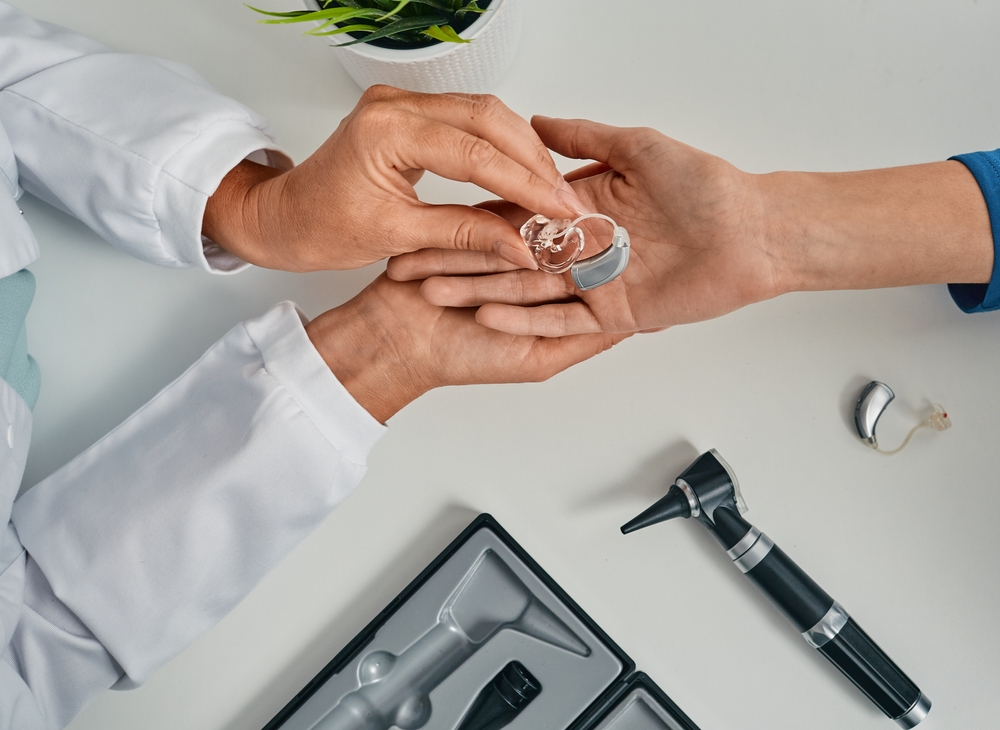Is it Alright to Wear Hearing Aids While Engaging In Activities That Trigger Perspiration?
Hearing aids shouldn’t adversely impact your life or the way you live.
Knowledge is power on the road to better hearing, which is why we provide helpful resources and support beyond your office visit. On the blog, you’ll find articles covering topics such as hearing aid maintenance, hearing loss management and more.

When you’re choosing a hearing aid, most of the conversation focuses on sound quality and features. But comfort is just as important, and it’s something that affects

When you’re choosing a hearing aid, most of the conversation focuses on sound quality and features. But comfort is just as important, and it’s something that affects

When you’re choosing a hearing aid, most of the conversation focuses on sound quality and features. But comfort is just as important, and it’s something that affects

Hearing aids shouldn’t adversely impact your life or the way you live.

Hearing aids have advanced significantly from cumbersome,

Summer is a season full of adventure, outdoor fun, and memorable times.

Investing in your first pair of hearing aids can be a mix of expectancy

Warm weather and increased daylight hours during the summer months are

Hearing aids are vital for enhancing daily communication by improving the